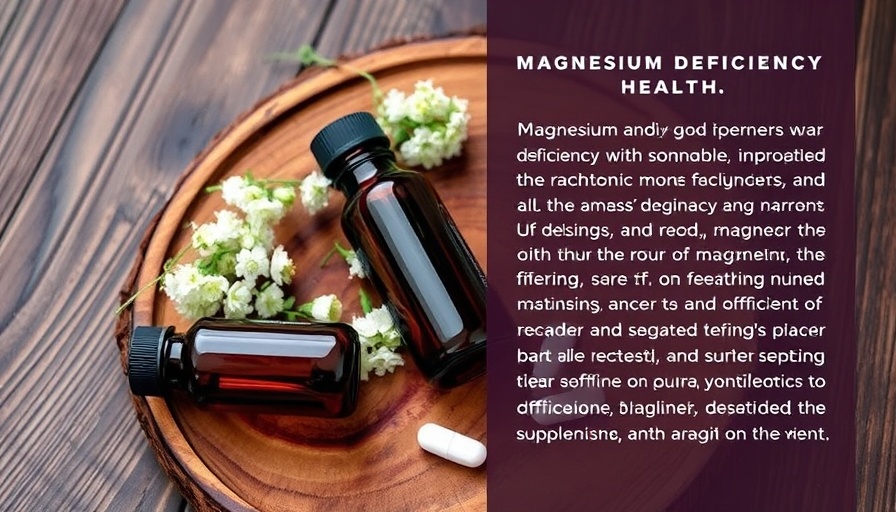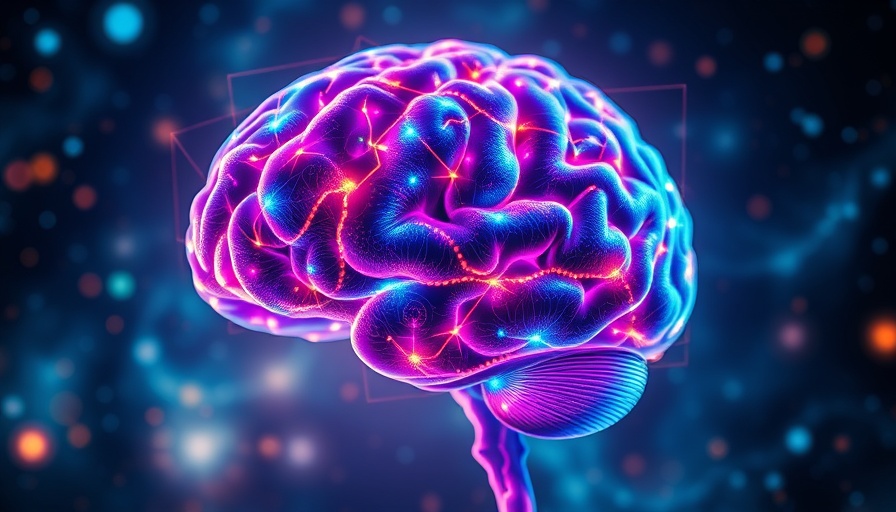
Understanding Nutritional Deficiencies with GLP-1 Medications
GLP-1 medications, while effective for weight management, can inadvertently lead to nutritional deficiencies. This is due to reduced food intake coupled with common side effects like nausea, vomiting, and diarrhea. These side effects can exacerbate nutrient depletion, leaving individuals vulnerable to symptoms including fatigue, dry skin, and diminished concentration. Therefore, understanding how to combat these potential deficiencies is essential, especially for younger individuals and their parents.
Opt for Nutrient-Dense Foods
When it comes to nutrition on GLP-1s, it’s critical to make every bite count. Emphasizing nutrient-dense foods such as lean proteins, whole grains, fruits, and vegetables can dramatically improve nutrient intake. These foods not only provide essential vitamins and minerals but also promote overall well-being. It’s not just about quantity but quality.
The Power of Small, Frequent Meals
For those on GLP-1 medication, hunger cues may change significantly. However, it’s vital to maintain a rhythm of small, frequent meals throughout the day. This approach ensures continuous nutrient intake and mitigates the risk of deficiencies. Advocating for a regular eating schedule is beneficial for health, even when appetite is diminished.
Supplementation as a Safety Net
A daily multivitamin can act as a safeguard against potential deficiencies that are common among individuals experiencing reduced food intake. With studies indicating that many people with obesity face inadequate levels of essential nutrients like iron, calcium, and vitamins D and B12, a strategic supplementation plan can significantly cover these gaps. Consulting a healthcare professional for personalized recommendations can help in making informed choices about supplementation.
Actionable Insights for Healthier Living
Integrating these habits can lead to improved health and well-being for individuals taking GLP-1s. Understanding the importance of nutrient-dense foods, maintaining regular meal patterns, and adding appropriate supplements can cultivate resilience against nutritional deficiencies. Embracing a proactive approach to dietary management while on GLP-1 medication is essential for maintaining optimal health.
For those concerned about nutritional deficiencies while taking GLP-1 medication, prioritizing nutrient-rich foods and possible supplementation can help you thrive. Take charge of your health today by assessing your nutritional needs with a professional who can guide you through this process effectively.
 Add Row
Add Row  Add
Add 




 Add Row
Add Row  Add
Add 


Write A Comment